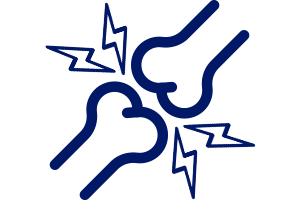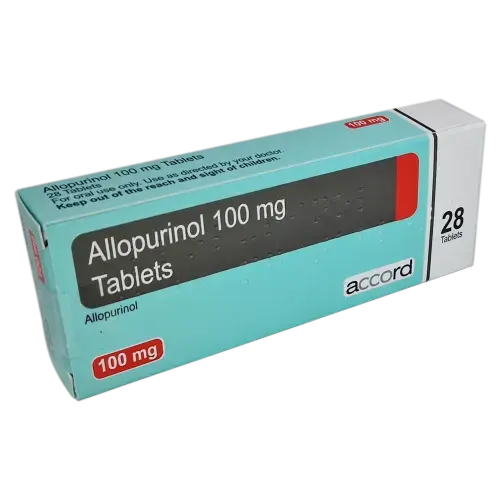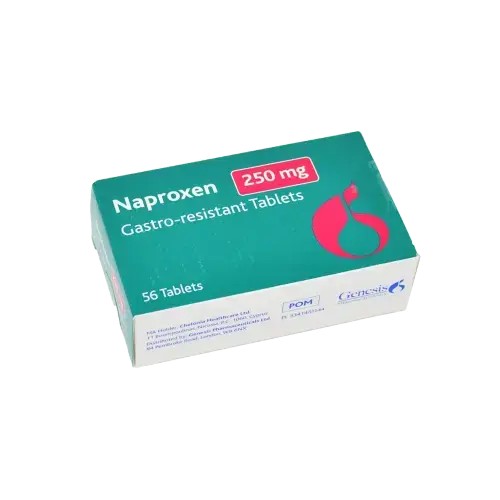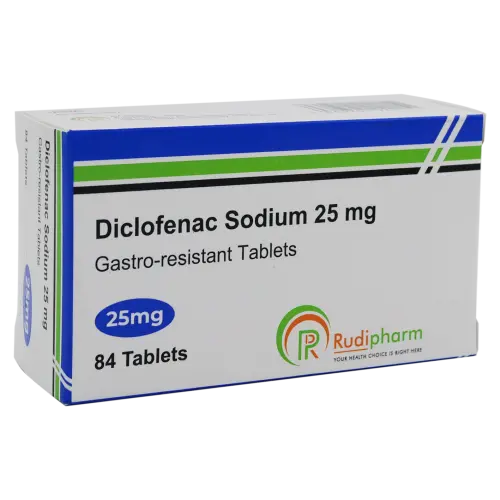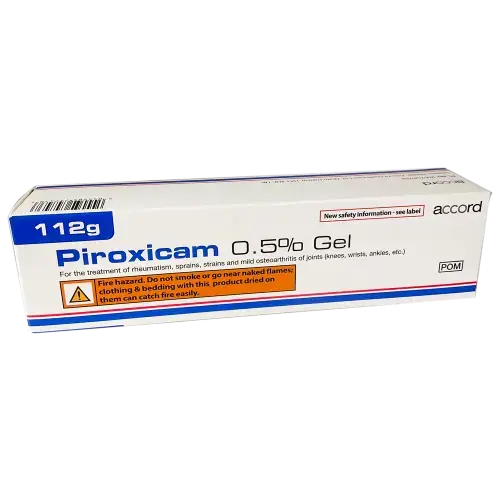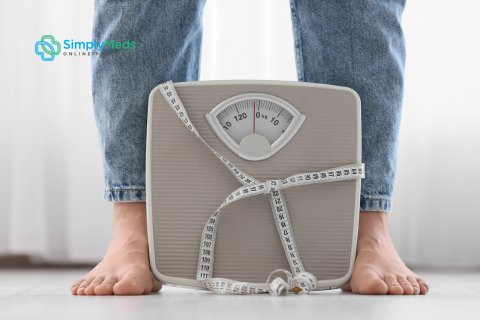Gout is a form of inflammatory arthritis that can be very painful. Gout is due to persistent elevated levels of uric acid in your blood. It usually affects one joint at a time, most commonly the big toe joint. It causes sudden joint pain. There can be times when symptoms get worse, known as flares and times when there are no symptoms, known as remission. Causes of Gout Gout can be genetic and run-in families. It is more common in men. There are other factors that can contribute to a higher chance of getting gout. These are: Being overweight Alcohol consumption Having been through menopause Taking medication such as diuretics or medication for high blood pressure Have high cholesterol, high blood pressure, kidney problems, osteoarthritis or diabetes Have had surgery or an injury Things that can trigger a gout attack Having an illness that causes a high temperature Drinking too much alcohol or eating a very large, fatty meal Being dehydrated Injuring a joint Taking specific medications Get treated quickly if you feel the symptoms of an attack starting. Repeated bouts of gout can lead to gouty arthritis. There is no cure for gout, but you can effectively treat and manage the condition with medication and some self-management techniques. These include: Taking NSAIDs like Ibuprofen Resting and elevating the limb Keeping the joint cool with cold compresses 20 minutes at a time Drinking lots of water (Unless your GP advises you not to) Trying to keep bed clothes off the affected joint at night Avoid putting pressure on the affected joint If the pain and swelling do not improve you may be given steroids in the form of tablets or as an injection. Gout can come back every few months or years. If left untreated it can potentially come back more often. If you have recurrent attacks or have high levels of uric acid in your blood, you may need to take uric acid-lowering medicine. In some rare cases there can be complications of chronic gout. This can damage your joint. Chronic gout also can cause small white lumps to appear under your skin, usually on your ears, fingers and elbows. These are known as tophi. This is where urate crystals form under your skin and can be painful. You can also get kidney stones if your uric levels within your blood as very high. You’ll need treatment to reduce the levels. When to see a GP Having sudden pain in a joint (Usually big toe but can also be other joints in feet, hands, wrists, elbows or knees) Hot, swollen, red skin over the affected joint Ask for an urgent GP appointment if the pain gets worse, you also have a high temperature (hot & shivery) and you also feel sick and cannot eat. These could mean you may have an infection inside your joint and need urgent medical help. An attack of gout usually lasts 5-7 days and then gets better, it may not cause lasting damage to joints if you get quick treatment. Ways to prevent gout from coming back Get to a healthy weight Eat a balanced, healthy diet. You may be advised on foods to limit Have some alcohol free days Drink plenty of fluids and avoid being dehydrated Exercise regularly but avoid intense exercises that put lots of pressure on your joints Stop smoking Try vitamin C supplements Try to avoid too many sugary drinks and snacks Reduce consumption of fatty foods We at SimplyMeds Online stock a range of products to help treat your Gout symptoms.
Learn More...- Shop/Treatments
- Prescription Treatments
-
- View All Treatments

-

-

-

-

-

-

-

-

-

-

-

-

-

-

-
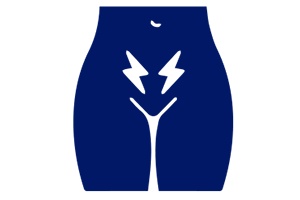
-

-

-

-

-

-

-

-

-

-

-

-

-

-

-

-

-

- View All Treatments

- View All Treatments
-
- Pharmacy Shop
-
- View All Treatments

-

-

-

-

-

-

-

-
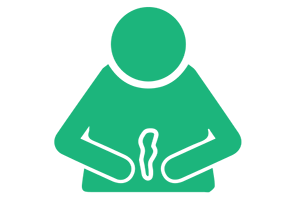
-
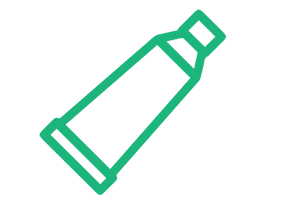
-

-

-
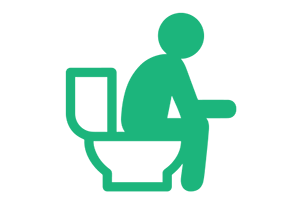
-

-
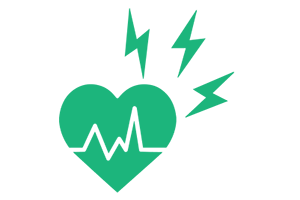
-

-

-

-

-
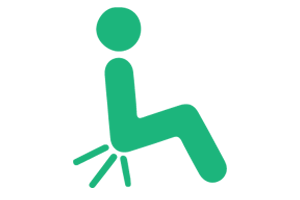
-

-

-

-
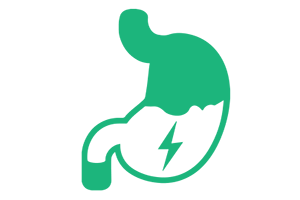
-

-

-

-
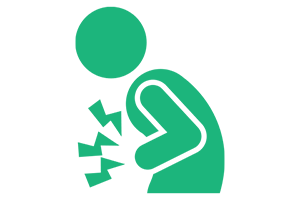
-

-
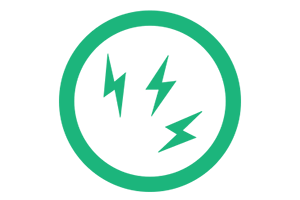
-

-
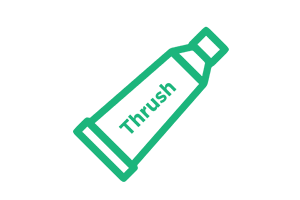
-

-

-
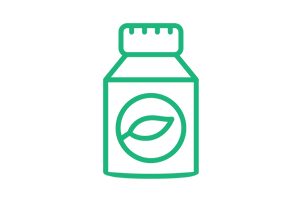
-

-

-

-

-
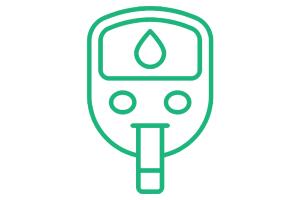
-

-

-

- View All Treatments

- View All Treatments
-
- Emergency Medications
- Premium Supplements
- Prescription Treatments

 Account
Account






